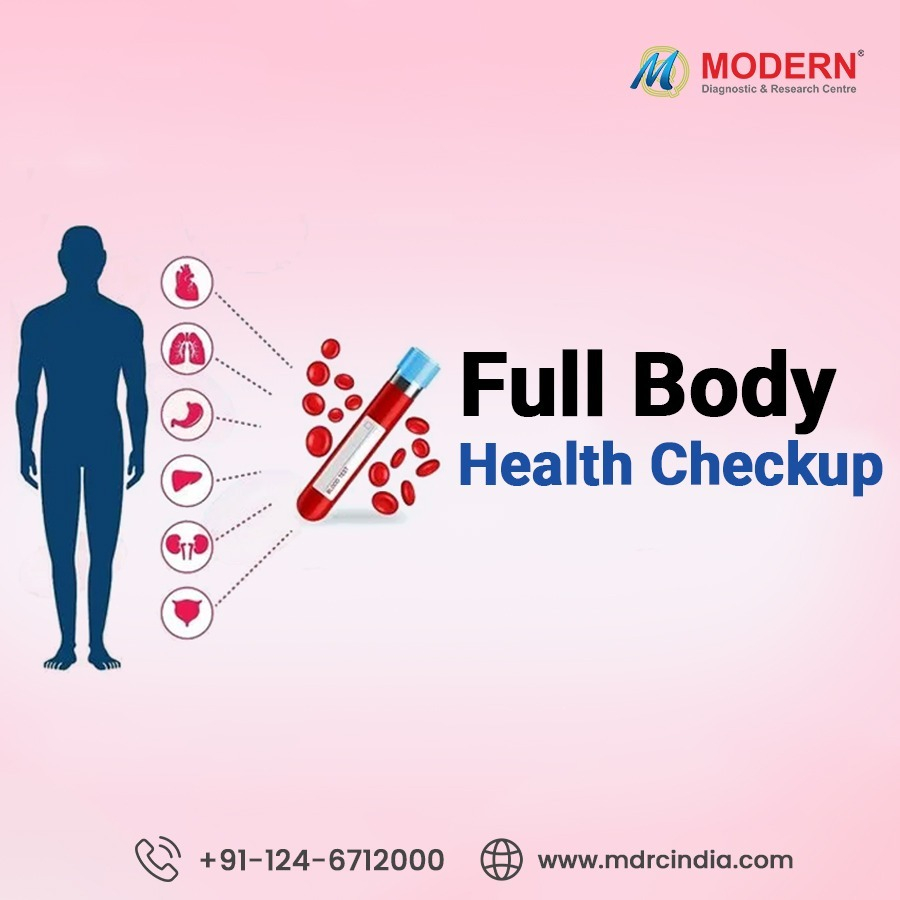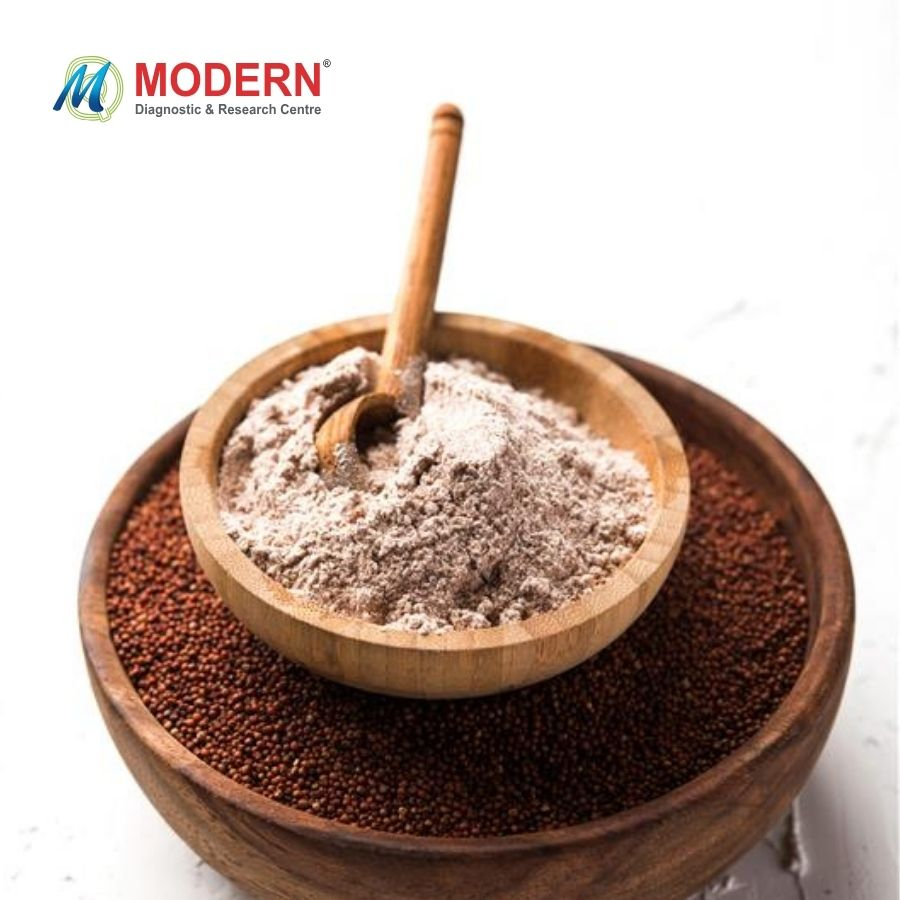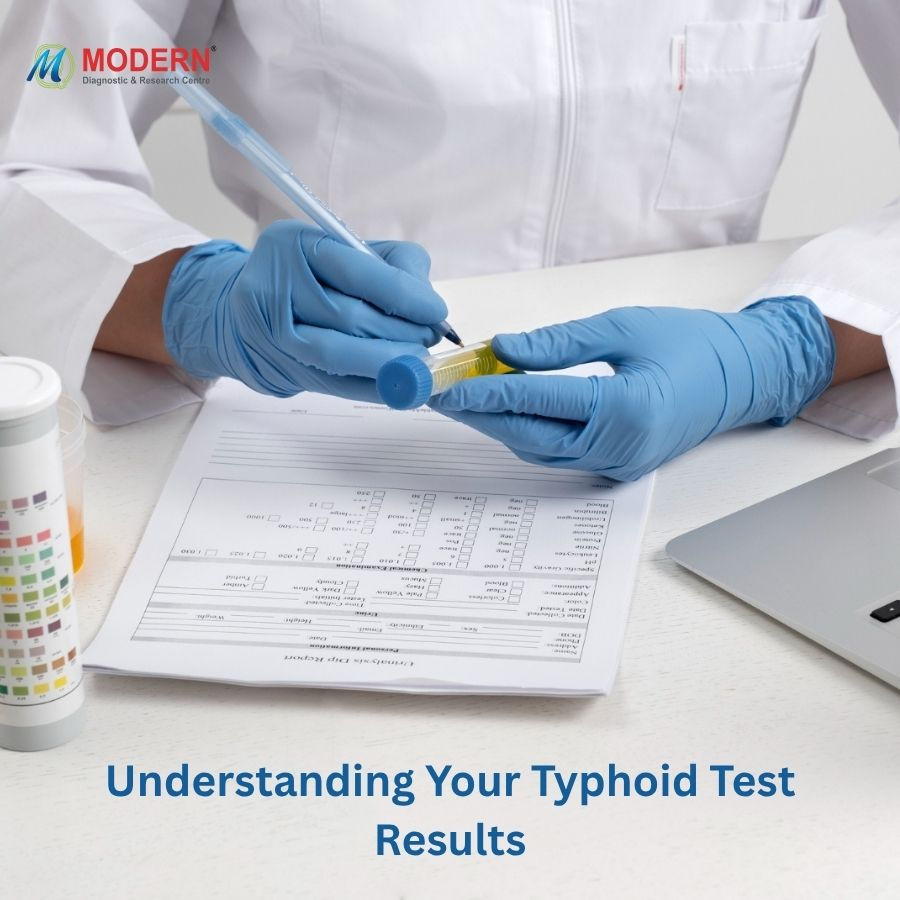Why Understanding Your CBC Test Matters
Complete Blood Count, a.k.a. CBC test, is a common diagnostic test recommended by your healthcare provider to detect any abnormality in your blood. A CBC test is used to look at the overall health of individuals and diagnose a wide range of complications such as infection, anemia, and leukemia. The CBC test is a common yet vital blood test. Therefore, it is useful for everyone to understand tests, their purpose, the components of blood, and the normal range. In this article, we’ll help you understand CBC test results explained in a way that’s easy to follow.
The CBC test is important to assess information about your blood components, such as red blood cells, white blood cells, platelets, hemoglobin, etc. It is often used for routine checkups to make sure everything is okay or to monitor an existing condition, like monitoring the risk of infections or the effects of treatment on the body.
What Is a CBC Test?
CBC test is a simple term used for complete blood counts. It is often prescribed to access the basic information about your blood, such as your blood counts, risk of infection, and hemoglobin or platelet levels. It is also used as part of routine checkups to ensure you are healthy. A CBC test report helps overrule doubts about any underlying disease.
A CBC test is a simple blood test that does not require much preparation. Generally, a CBC test does not require fasting; however, if it is part of a routine or full-body checkup that includes other tests such as lipid profile, you need to fast for 8 to 10 hours. However, if you are on medication or have a specific condition, consult with your healthcare provider before skipping your medicines.
Typically, it is done to diagnose infection, fatigue, blood disorders, kidney disease, heart disease, and some cancers.
Components of a CBC Report Explained:
A complete blood count test measures the following:
- Red blood cells are components that give the color red and also carry oxygen.
- White blood cells, which fight infection.
- Hemoglobin is the oxygen-carrying protein in red blood cells.
- Hematocrit is the amount of red blood cells in the blood.
- Platelets are components of blood that help blood clot.
Red Blood Cells (RBCs):
- Red blood cells are components of blood that give blood its red color and carry oxygen.
- Red blood count is the number of red blood cells in a certain amount of blood.
- The normal range for red blood cells is as follows
- Male: 4.35 trillion to 5.65 trillion cells/L
- Female: 3.92 trillion to 5.13 trillion cells/L - Low levels of red blood cells lead to Anemia, whereas high levels of red blood cells lead to Erythrocytosis.
White Blood Cells (WBCs)
- White blood cells are the components of blood that fight infection-causing germs.
- The normal range of white blood cells is 3.4 billion to 9.6 billion cells/L.
- Elevated levels of white blood cells suggest infections and inflammation.
- Low levels of white blood cells suggest leukopenia.
Hemoglobin (Hb) and Hematocrit (Hct)
- Hemoglobin (Hb)and Hematocrit (Hct) are two measurements related to red blood cells.
- Hemoglobin is a protein within red blood cells that helps to carry oxygen.
- Hematocrit is the measurement of red blood cells in the total volume of blood.
- Hemoglobin and hematocrit are often accessed through the complete blood count test. Your CBC test results explained by a healthcare provider; he/she will explain the importance of these components and their role.
Platelets
- Platelets are small, colorless cell fragments helpful in blood clotting and preventing bleeding.
- Platelets are produced in the bone marrow and activated whenever there is an injury or cut, and clump together to form a clot.
- High platelets suggest thrombocytosis, whereas low platelets suggest thrombocytopenia.
- The normal range of platelets in males is 135 billion to 317 billion/L, and in females is 157 billion to 371 billion/L.
Other key metrics include Mean Corpuscular Volume (MCV), Mean Corpuscular Hemoglobin (MCH), and Mean Corpuscular Hemoglobin Concentration(MCHC).
Interpreting Common CBC Abnormalities (CBC test result explained):
The CBC test results explained the following conditions for the measurement of your RBCs, WBCs, Hemoglobin, and Platelets.
- Anemia - a condition that arises due to the low levels of RBCs or hemoglobin.
- Erythrocytosis - a complication due to a higher concentration of RBCs.
- Leukocytosis - the condition of high white blood cell count.
- Leukopenia - due to low white blood count.
- Thrombocytosis - a condition of high platelet count.
- Thrombocytopenia - is a condition caused by low platelet count.
If your test reports suggest deviation from the normal range of these components. You are experiencing common symptoms of anemia, fatigue, and infection. Then, you should consult your healthcare provider immediately. A CBC test helps your provider strategize your treatment properly to promote early recovery.
Understanding Trends: Why One Test Isn’t Enough:
CBC test results explained various complications and diseases. It doesn't give all the answers about a diagnosis. Results outside the expected range may or may not need follow-up.
For example, a slight deviation from the normal range in a healthy person does not need a follow-up test if he does not have any symptoms. However, for a person with a chronic disease, CBC reports outside the expected range suggest a need for a change in treatment.
CBC Test in Gurgaon – Where to Get Accurate Results
For a CBC test in Gurgaon, Modern Diagnostic Center is a reliable, time-tested, and trusted center. Modern Diagnostic has been producing precise, accurate, and quick turnaround reports for complete blood counts for 35+ years in Gurgaon.
Modern diagnostics take several steps to make the procedure simple and effective for the patients. With services like home sample collection, quick report delivery, online booking, and reports, Modern Diagnostic has made the pathology test easy and hassle-free.
Conclusion: Don’t Panic—Read, Then Ask Your Doctor
Complete Blood Count is a common test used for routine checkups to assess information about your blood or to rule out the possibility of blood disorders, infection, and anemia. CBC test results explained various complications, but a slight deviation from the expected range in a healthy person may suggest complications. Without panicking, try to understand the report and your symptoms. If you have any, then consult your doctor. The CBC test is often used for routine checkups, and two tests in a year help your health management.
FAQs About CBC Test Results
Ques.1. What is a normal WBC count?
Ans. The normal white blood cell count for a healthy person is 3.4 billion to 9.6 billion cells/L.
Ques.2. Why is my hemoglobin low even if I feel fine?
Ans. Inadequate intake of iron, vitamin B12, or folate can cause low levels of hemoglobin.
Ques.3. Can CBC detect cancer?
Ans. A CBC report can indicate the potential of some cancers, especially leukemia or lymphoma, but your provider may prescribe additional tests to confirm cancer.
Ques.4. Do I need to fast before a CBC test?
Ans. No, you do not need to fast for the CBC test.
Ques.5 How quickly do CBC test results come?
Ans. Usually, CBC test reports are generated within 24 hours.

















